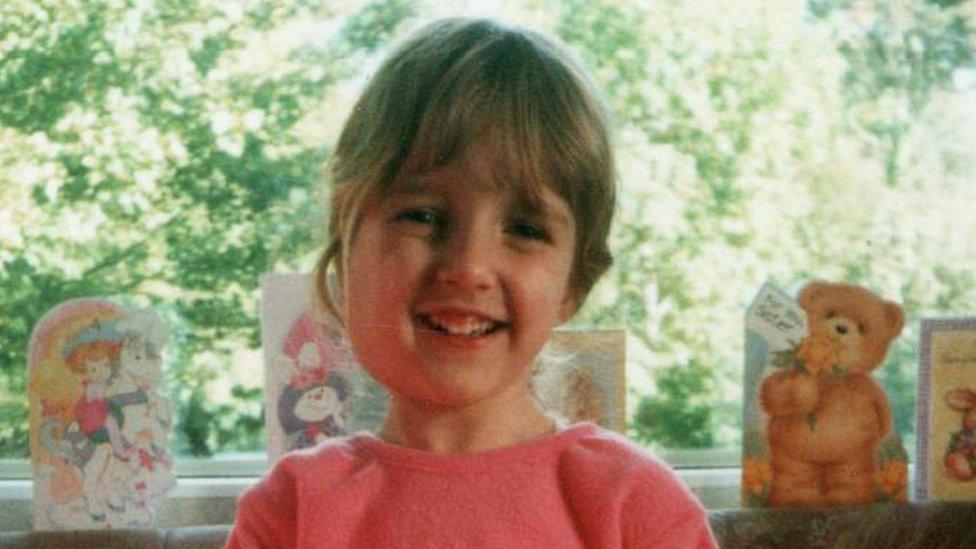Hiding my psychosis for 10 years from the age of 12
- Published
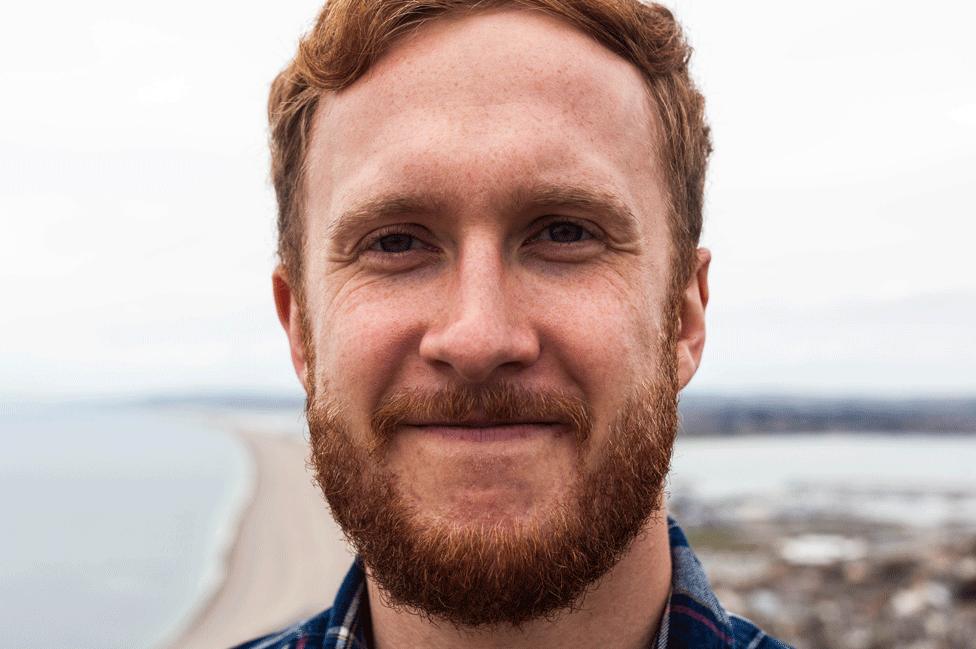
Luke Watkin from Dorset is now 26 years old
Luke Watkin was in year eight at school and alone in a corridor when he first heard a strange noise.
"I heard what sounded like a train brake, followed by a metal on metal noise.
"It was just something completely out of the ordinary. It was a bit of a shock to the system, something I just couldn't understand or really process.
"My experience at the time was quite terrifying."
It was his first experience of the mental health condition, psychosis. Luke was 12 years old.
He said it went on from noises to hearing words, hearing his name, to eventually hearing whole sentences "of it almost trying to talk to me".
The main symptoms of psychosis are hallucinations and delusions and it can be caused by a specific mental health condition, such as schizophrenia, bipolar disorder or severe depression.
It can also be triggered by traumatic experiences, stress, drugs, alcohol, as a side-effect of prescribed medication or a physical condition such as a brain tumour.
While it is not as common as depression - affecting fewer than one in every hundred - experts say it is important to recognise symptoms of psychosis early because early treatment can be more effective.
People with psychosis have a higher than average risk of self-harm and suicide.
The charity Rethink Mental Illness has surveyed 4,000 people and found more than half believe they wouldn't be able to identify the early symptoms.
They are concerned that a general lack of awareness leads to young people not getting help early on - especially as the first episode of psychosis is most likely to happen between the ages of 18 and 24.
More subtle early warning signs include withdrawing from friends, expressing strange beliefs, sudden changes in mood and confused thoughts.

Symptoms of psychosis:
hallucinations - where a person hears, sees, feels, smells or tastes things that aren't there
a common hallucination is hearing voices
delusions - where a person has strong beliefs that aren't shared by others
a common delusion is someone believing there is a conspiracy to harm them
rapid and constant speech
disturbed speech - for example, they may switch from one topic to another mid-sentence
a sudden loss in their train of thought, resulting in an abrupt pause in conversation or activity
Luke did try to talk to a teacher at the time but he said "it was kind of brushed aside. I was made to feel that it wasn't something that was supposed to be talked about."
So he decided to "be strong and keep it inside and just push forward."
Luke didn't talk about it again until he dropped out of university in his third year.
He acknowledges that it would have been hard for his family to spot what he was going through.
"They thought I was fairly quiet - because that was how I dealt with it. I'd hide myself away in my room, or focus down on something else and try and stay out of other people's way. That's just how my parents thought I was - I was just a quiet child."
But at university it reached a point where he couldn't manage both university life and trying to hide his psychosis.
He dropped out while his family thought he was still studying, and then lost contact with his family.
"When I reached the lowest point of my mental illness I disappeared," he explained.
"After I went missing it was fairly obvious to my family that something was wrong and so as things came to light they realised I hadn't been at university and that was the first step to getting help. They kind of confronted me about things and they were very understanding and incredibly caring."

When Luke's dad Steve finally found out he was caring and supportive
It is recommended that anyone experiencing psychosis should see their GP immediately.
The typical treatment involves a combination of anti-psychotic medication, psychological therapies such as cognitive behaviour therapy (CBT) and family or social support.
Luke was put in contact with the early intervention service and given medication.
"Looking back on it it's bizarre. At that point it was so strange to think of - now I think if I'm having a bad day I can't help but tell almost everyone. I'm quite a complainer now - it feels like just such a different mentality at the time as I was almost afraid to talk about it."
Now 26, Luke is helping to support young people going through the same thing, and he says he can see a change in how people are more open at talking about psychosis.
"I feel it will get less likely that people feel that they want to hide it - it's far easier to talk about rather than being something almost taboo, it's just something that happens."
- Published28 June 2018

- Published1 February 2018
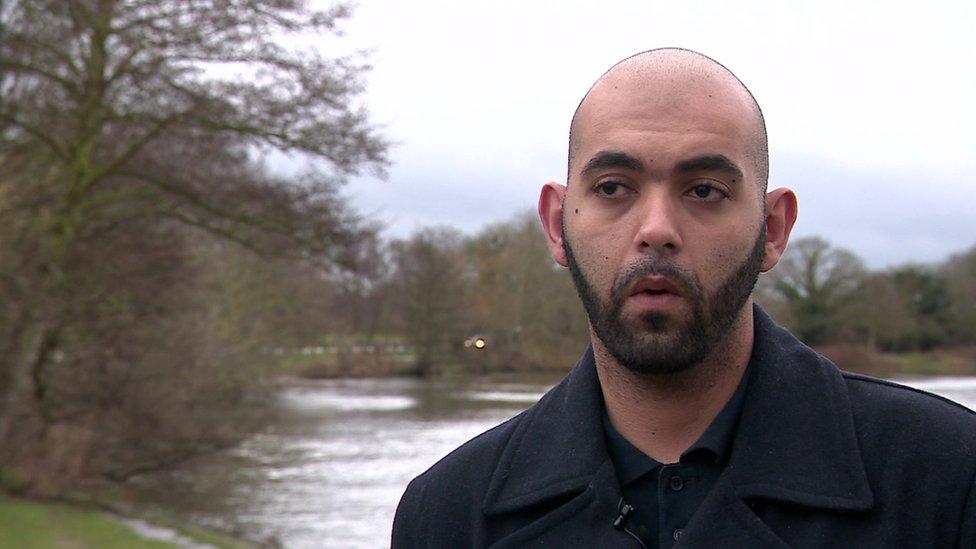
- Published8 December 2016
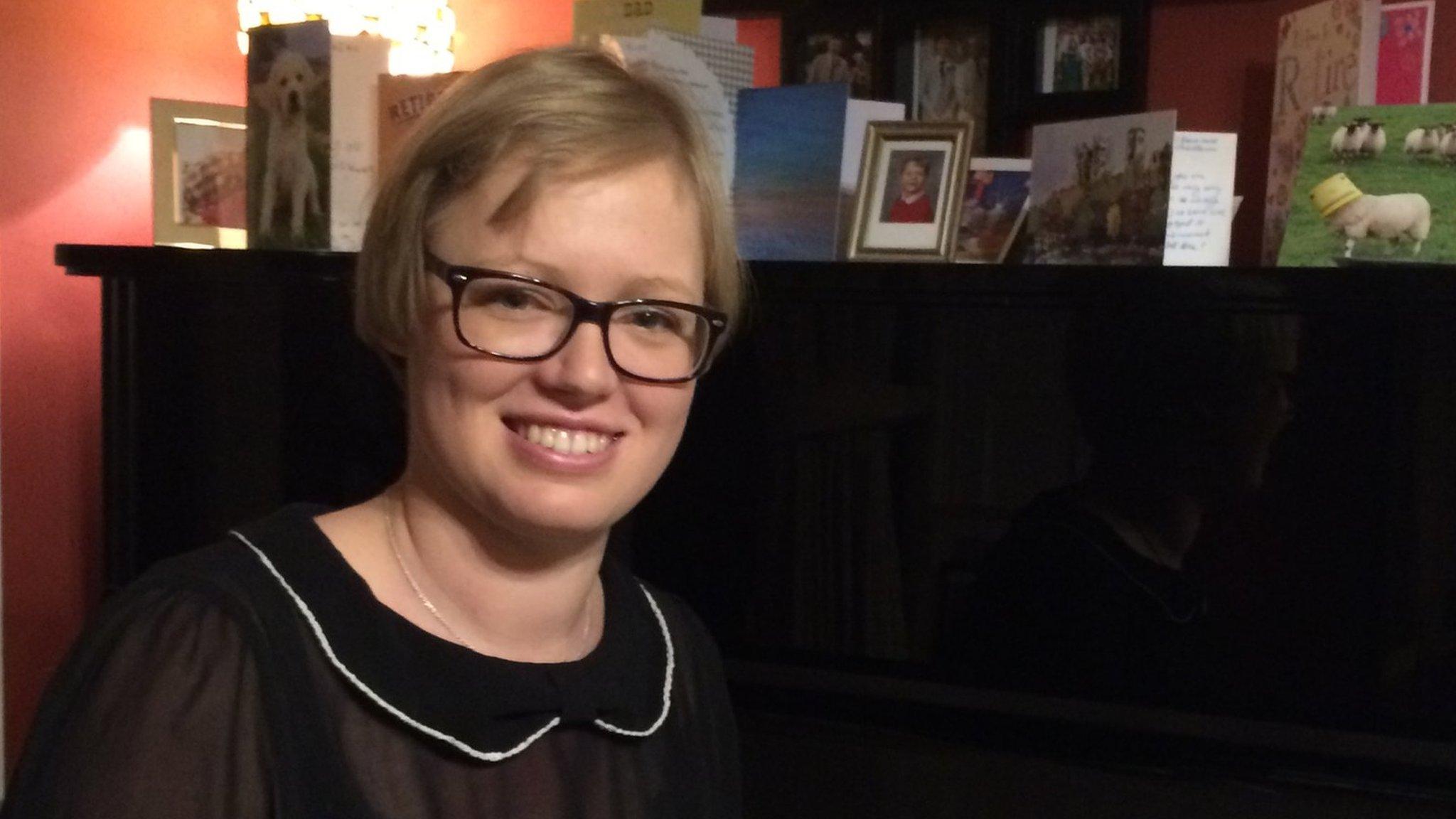
- Published12 July 2014
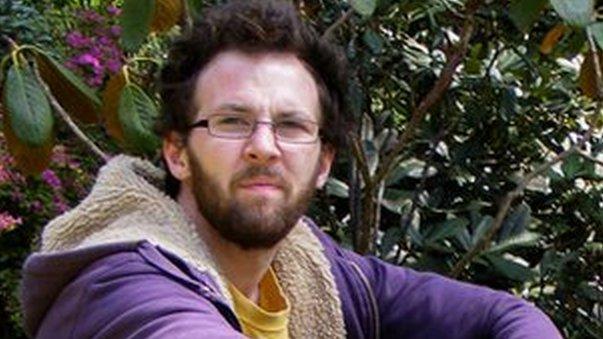
- Published8 June 2018
